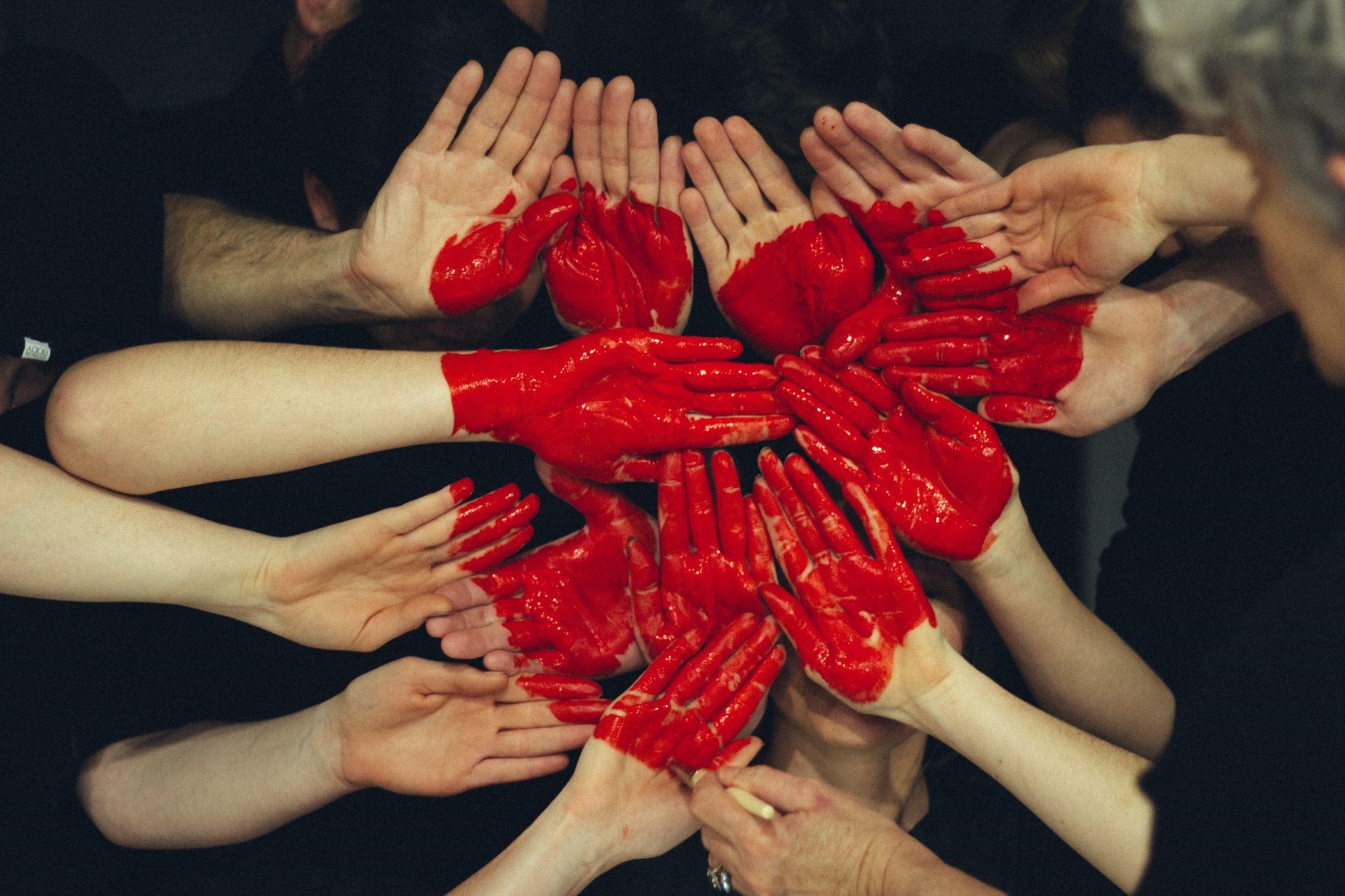
Humanitarianism: An Ideology to Advance the Well-Being of Humanity
Humanitarianism is by far the purest ideology that can save humanity. The concept revolves around valuing human life and contributing to improving the well-being of others regardless of race, age, gender, or religion.
In today’s day and age, we are in desperate need of humanitarianism to be advocated for and spread among people. Day after day we are witnessing a severe increase in humanitarian crises due to both natural and man-made disasters. These crises cause pain, suffering, and unnecessary deaths to millions of people around the world. We need to stand up for the vulnerable and extend our hand to those who most need it.
Humanitarianism can be summed in a quote by Norman Borlaug. He’s an American biologist and humanitarian also known as the father of the Green Revolution:
“The destiny of world civilization depends upon providing a decent standard of living for all mankind.”
This quote accentuates the important link between surviving as a civilization and living a life with basic needs such as hygiene, sanitation, clean water, food, and job opportunities. In other words, everyone must live decently for the world to keep existing in a peaceful way.
Borlaug’s quote, at its core, emphasizes the fact that our survival as a species ultimately depends on altruism and selflessness rather than egocentricity and selfishness. Divided we fall, together we thrive.
A Brief History of Humanitarianism
Humanitarianism as an ideology came to prominence in the late 1800’s and early 1900’s, during the social reforms in England that followed the economic upheaval of the Industrial Revolution.
Many women who advocated and fought for feminism and women’s rights in the United Kingdom throughout the 1900s also promoted humanitarianism as a valuable ideology to be embraced and spread.
Humanitarian pressure on the Parliament of England made the awful hours and working conditions of minors and unskilled employees illegal. The Factory Acts of 1833 and 1844 were two of the most significant humanitarian legislations introduced by the Parliament in the aftermath of the Industrial Revolution.
The informal ideology of Humanitarianism quickly grew to become stronger and more commonly adopted, eventually spreading to the entire world.
Today hundreds of thousands of humanitarian organizations are operating around the globe to help the vulnerable and to contribute to providing a decent life to everyone. Notably among them are The International Federation of Red Cross, Red Crescent Societies (IFRC), The United Nations (UN), and The World Food Programme (WFP).
The Digitalization of Humanitarianism
The importance of social media in digital humanitarian initiatives cannot be overstated. The “Hope for Haiti Now” telethon event was organized in the United States ten days after the 2010 earthquake, essentially taking over the mediasphere and reaching hundreds of millions of households and viewers in just a matter of hours.
It centered on appealing to the viewing public’s empathy for the disaster’s survivors, allowing ordinary individuals to participate in a collective relief effort by donating money to NGOs delivering Humanitarian aid to earthquake sufferers.
Today, humanitarian organizations constantly use social media platforms to raise awareness about the critical situations affecting the communities and countries in need of our help. They advocate for human rights, start campaigns to collect donations, and communicate the status of disasters and crises.
It is a fact that the digital world has tremendously helped increase donations and the success rate of humanitarian campaigns.
How to Become a Humanitarian
To become a humanitarian one needs to demonstrate tolerance, cultural understanding, empathy, and altruism. A good place to start could be a local charity where you can volunteer to help feed the poor or provide basic needs such as food, clothes, or winter covers.
We need to approach humanitarian work with the mindset of giving, supporting, and hope to make the world a better place. The key element is to be selfless and not focus on individual gain. The value you give to these communities in need of help and the lives you can potentially change for the better are of such a colossal importance that they overshadow personal gain and amplify collective goodness.
The benefit of adopting such an ideology is the personal fulfillment knowing that your contribution rescued someone across the globe or in your hometown from the horrors of a crisis, and helped them live a decent life.
Humanitarian crises won’t cease to exist. However, equipped with our compassionate instincts, several humanitarian groups such as Compassion Exchange are assisting in the fight to solve major world problems by volunteering and collecting donations.
Together and armed with our belief in saving humanity, we can create a positive impact in the world, becoming ever-more closer to realizing a world of peace, love, and equality for everyone.
